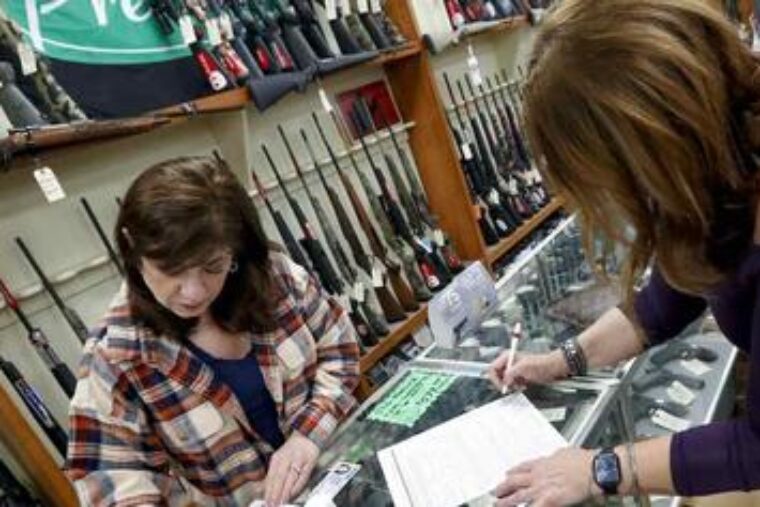The end game.
“Activists shareholders have been pressuring corporate executives to follow their ESG goals for years and are now armed with a distinct merchant code for firearms retailers, they have the means to single out these retailers and to pressure the financial industry to radically alter the terms of their relationship or to stop doing business with them altogether. Expect these pressure campaigns to begin in short order.”
It’s been a little over a year since the New York Times published its report on how mass shooters use credit cards to purchase firearms. In the wake of numerous mass shootings, gun control activists have been looking for new ways to crack down on firearm sales. Frustrated by the lengthy legislative process and recent setbacks at the Supreme Court, one of their latest strategies is to push for the creation of a new merchant category for firearms retailers and to pressure credit card companies to use it to classify firearms-related purchases. But what is the end game for gun control activists? Is it to create a private gun registry or to flag suspicious purchases? There’s more to this story and the impacts on law-abiding gun owners might be felt sooner than anyone realizes.
Last Friday, Reuters reported, that an international standards body has approved the creation of a merchant code for gun retailers, following pressure from activists who say it will help track suspicious weapons purchases. At a meeting this week, a subcommittee of the International Organization for Standardization approved what is known as a “merchant category code” for firearms stores, a spokeswoman said. The approval of the new category code clears the way for banks that process gun retailers’ payments to decide whether to assign the new code to merchants. The codes were requested of the Swiss body known as ISO by Amalgamated Bank of New York, which calls itself a socially responsible lender and investor.
The conventional wisdom is that these gun control advocates are creating a kind of private surveillance system and registry of gun-related purchases in the United States, with credit card processors, using the new merchant code to watch for “suspicious” purchases and report their customers to authorities for further investigation.
By Ryan Petty



